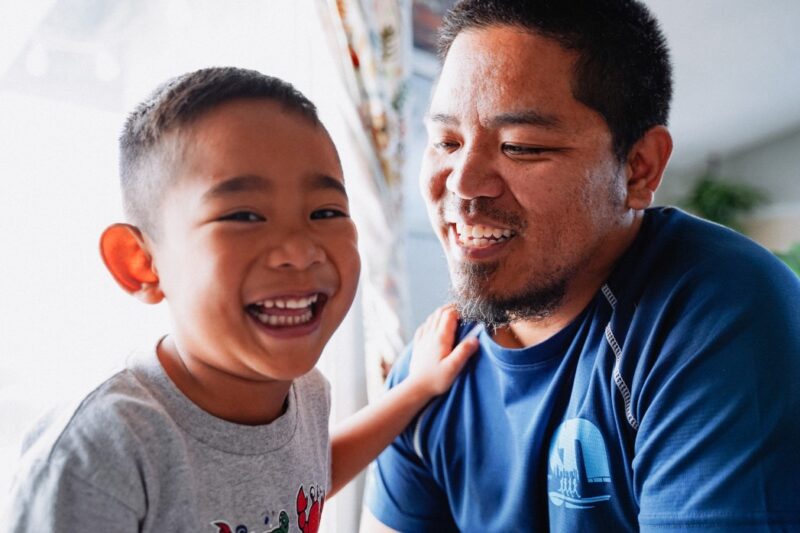
Poor School Performance and How Parents Can Help
Regardless of your child’s age, the occasional school struggle is normal. But when that struggle becomes a pattern, it often raises concern―from parents and/or teachers. Read more >>
Request an Appointment
English: 650.688.3625
Medi-Cal: 650.688.3650

Poor School Performance and How Parents Can Help
Regardless of your child’s age, the occasional school struggle is normal. But when that struggle becomes a pattern, it often raises concern―from parents and/or teachers. Read more >>

My Child is Falling Behind in School. Now What?
Everything seemed to be going OK. But now your child is struggling to keep up in class and is falling behind. You may wonder, is this just a rough patch? Or is something else going on? Read more >>

Four Steps to Selecting a School for Your Child
How do you pick the best school for your child? Whether you are choosing a public or private school or homeschooling, whether or not you are paying tuition, careful planning is a must. Read more >>

How to Determine If Traditional Education Isn’t Working for Your Child
Children know when something isn’t working for them but they may not have the words available to explain why. Younger children especially may know they are unhappy but not have an emotional understanding to know what is causing the problem. Read more >>

How to Practice Self-Compassion
Self-criticism is a common problem, and not one to be overlooked: the way you talk to yourself plays a vital role in wellbeing. Luckily, the problem of the harsh self-critic is fixable. Below are five ways to help you overcome Read more >>

Stop Hurting Your Own Feelings: Tips on Quashing Negative Self-Talk
Do you ever hurt your own feelings? A curt reply to that thoughtful work email, zero responses to that happy hour invitation – little slights like these get my inner critic going. What a dumb thing to say! Of course Read more >>

Teaching Your Child to Stay Calm Sets Them Up for Success
There’s a lot going on in a little kid’s world. New experiences can bring up all kinds of emotions, and even tantrums. But that’s okay. By giving your child the skills they need to manage their feelings, you’ll help them Read more >>

Enhancing Social-Emotional Learning with Self-Regulation for Learning
We all want our students to be successful. Some students come to school with greater degrees of Self Regulation for Learning, while others need more modeling and supports along the way. All students can value from keeping the ABCs (affect, Read more >>

Why Emotional Self-Regulation Is Important and How to Do It
Emotional self-regulation refers to a person’s ability to manage their emotions and impulses. It is a skill that people learn and develop throughout childhood and adolescence and into adulthood, and it is an important part of overall mental and physical Read more >>

written by Liza Bennigson, Associate Director of Marketing and Communications When creative ad agency, Gershoni Creative was hired to design the space for the Schwab Learning Center at CHC (SLC@CHC), the project scope went far beyond an art installation. The Read more >>
English: 650.326.5530 | Español: 650.688.3650 | Fax: 650.688.3669
English: 650.326.5530
Español: 650.688.3650
Fax: 650.688.3669
English: 650.668.3625 | Español: 650.688.3650 | careteam@chconline.org
English: 650.668.3625
Español: 650.688.3650
careteam@chconline.org
© 2024 Children’s Health Council. All rights reserved.
CHC Palo Alto: 650 Clark Way, Palo Alto, CA 94304 | 650.326.5530
CHC South Bay: 2280 Kenwood Avenue, San Jose, CA 95128 | 408.831.7512
CHC Ravenswood: 1765 E Bayshore Rd, East Palo Alto, CA 94303 | 650.702.2487
CHC Palo Alto:
650 Clark Way, Palo Alto, CA 94304
650.326.5530
CHC South Bay:
2280 Kenwood Avenue, San Jose, CA 95128
408.831.7512
CHC Ravenswood:
1765 E Bayshore Rd, East Palo Alto, CA 94303
650.702.2487